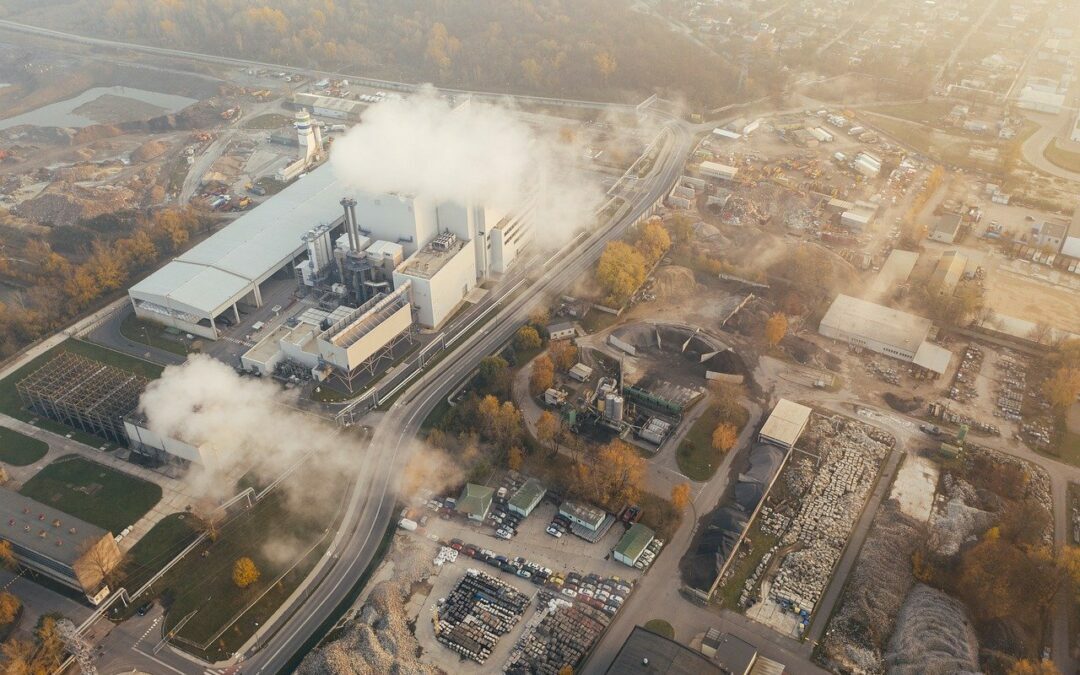
23-10-2023 | Noticias-en
Through Executive Decree No. 754 of May 31, 2023, President Guillermo Lasso reformed the Regulations to the Organic Code of the Environment (hereinafter, “RCODA”).
This reform is preceded by Sentence No. 22-18-IN/21 of September 8, 2021, in which the Constitutional Court: (i) Clarified that the environmental consultation and the prior consultation with indigenous communities are different consultations, and that Art. 184 of the CODA does not apply or replace the right to prior consultation of indigenous communities; (ii) Ordered that Art. 184 of the CODA must be interpreted according to the Constitution of the Republic, the jurisprudence of the Constitutional Court, and the Escazú Agreement;[1] (iii) Declared the unconstitutionality of Arts. 462 and 463 of the RCODA; and (iv) Ordered the President to adapt the RCODA to what was resolved. Subsequently, the aforementioned Court issued Ruling No. 1149-19-JP/21 of November 10, 2021, in which the right to environmental consultation was developed.
The main reforms carried out by Decree No. 754 are the following:
1. The citizen participation process is reformed. This will no longer be governed by the technical standard of the Environmental Authority but by that established in the RCODA, below. Furthermore, the majority opposition of those consulted is regulated, indicating that it is not binding. However, it is established that, if the environmental permit is granted despite majority opposition, it must be duly motivated.
2. All regulations in the RCODA regarding prior consultation with indigenous communities are repealed and Title III of Book III of the RCODA on the citizen participation process for environmental consultation is reformed:
2.1. It is established that the right to environmental consultation will consist of informing the community “about the content of the environmental technical instruments, the possible environmental impacts and risks that could arise from the execution of the projects, works or activities, as well as the relevance of the actions to be taken”, record and compile your criteria, opinions and observations, and thereby consult you about the granting of the corresponding environmental permit.
2.2. It is added that the rules on the citizen participation process for environmental consultation are mandatory and apply in the case of an environmental license, always, and in the case of environmental registration for activities in the hydrocarbon and mining sector.
23. It is established that the citizen participation process for environmental consultation must be carried out prior to the granting of environmental permits. Additionally, the following changes are added to the process:
2.3.1. The Ombudsman’s Office must be notified so that this entity can proceed to provide support to the community and monitor the process. Your participation is mandatory, however, your unjustified absence will not lead to the nullity of the process.
2.3.2. The operator of the project, work or activity must deliver to the competent Environmental Authority the technical environmental instruments that it requires, as well as all the communication materials or supplies for the didactic dissemination of such instruments (e.g. summaries, brochures, slides, etc. ). All deliverables must be translated, when applicable.
2.3.3. To carry out the process, citizen participation mechanisms will be used, including the following: (i) Information mechanisms (e.g. information assemblies, electronic pages, information videos, delivery of information documentation on environmental technical instruments, public information centers, workshops of environmental socialization; (ii) Call mechanisms (e.g. public call, personal invitations); and (iii) Consultation mechanisms (Consultation Assembly).
2.3.4. Special provisions are included to consider when the consultation is carried out in the territories of indigenous peoples: provisions related to their ancestral languages and their forms of organization and decision-making.
2.3.5. The operator of the project, work or activity will be the one who must finance the environmental consultation process, its call and the logistics. He must also provide all the facilities and provide all the resources necessary for its execution.
2.3.6. The process will be divided into two phases: (i) Information Phase and (ii) Consultative Phase. In the first, the delivery of information occurs. In the second, a dialogue takes place between the State and the community in order to present the opinions and observations of the community and consult regarding the issuance of the environmental permit.
3. The validity of all environmental permits that were issued before the reform is ratified. On the other hand, any project, work or activity registered in the SUIA until October 11, 2021 will follow the process prior to the reform. This reform will continue the processes initiated at a later date, even if they have received a technical ruling, as well as the projects, works and activities of the mining sector blocked in the SUIA by Sentence No. 1149-19-JP/21.
For more information contact:

Maria Rosa Fabara | Partner Bustamante Fabara | mrfabara@bustamantefabara.com

15-09-2023 | Noticias-en
The National Public Procurement Service – SERCOP, with the objective of promoting efficiency and transparency in public procurement procedures, through Resolution No. RE-SERCOP-2023-0134 published in the Official Registry Supplement 367 of August 3, 2023 , issued the Secondary Regulations of the National Public Procurement System (hereinafter, “Secondary Regulations”).
The Secondary Regulations of the National Public Procurement System complement and develop the provisions provided for in the Organic Law of the National Public Procurement System and its General Regulations of application, regulating various fundamental aspects of the public procurement system, with the purpose of ensuring the effectiveness and clarity in procedures.
Among the most notable and innovative aspects of the Secondary Regulations are:
1. Hours of operation:
Article 5 indicates the operating hours for public procurement procedures, establishing that the activities and procedures carried out by the contracting entities must be carried out between the first and last business day of the week, not including weekends and holidays. . It will have hours from 8:00 a.m. to 8:00 p.m., with the exception of the last business day of the week, which will have hours from 8:00 a.m. to 5:30 p.m.
Exceptions from this schedule will be contracts that have as their objective the organization and development of electoral processes, referendum processes, popular consultations, revocation of mandate or other similar, that are subject to regulations on electoral matters, as well as acquisitions abroad and emergency hiring.
2. Prohibition of withdrawing offers:
Article 42 makes it clear that, once an offer is submitted, it is prohibited to withdraw said offer or desist from participating in the public procurement process.
3. Proformas in Minimum Amounts:
Article 198 establishes that once the need for a small amount is published on the COMPASPÚBLICAS portal, the entity will have the power to continue with the process even if it has received only one proforma.
4. Special Regime for scientific research:
Pursuant to Article 294, universities, polytechnic schools, technical and technological institutes that belong to the public sector may use the special direct contracting regime to acquire services and goods related to responsible scientific research, pedagogical training and technological development. This is in accordance with the provisions of the Organic Code of the Social Economy of Knowledge, Creativity and Innovation, and its General Regulations.
5. Small Amount Exceptions:
Exceptions are expanded to carry out recurring processes of very small amounts.
6. Error validation:
• The casuistry for the validation of errors in offers is expressly established. Article 116 details the specific cases that will be understood as errors of form or of a valid nature, which will be, among others, the following:
• A certain condition may be clarified or expanded when it is considered incomplete, unclear or even contradictory with respect to other information within the same offer, including the information detailed in the forms;
• Any offer presented with a digitized handwritten signature, its annexes or certificates may be validated in those procedures in which SERCOP has established the obligation to use an electronic signature. Validation will consist of the offeror proceeding to sign their offer, its annexes or certificates with an electronic signature;
• That the documentary information for the verification of a fact, circumstance or condition has existed prior to the deadline for submitting the offers, provided that any of the documents presented with the offer contain the information that is requested to be validated.
The National Public Procurement Service will hold training sessions scheduled between August 8 and 14, in which suppliers, entities and citizens will be able to understand these new regulatory provisions within the field of public procurement.
The First Repealing Provision provides for the express repeal of the Codification and Update of Resolutions Issued by the National Public Procurement Service issued by External Resolution No. RESERCOP-2016-0000072 of August 31, 2016. The Secondary Regulations, in order to promote efficiency and transparency in processes, will come into effect in 5 days from the date of publication of the Resolution in the Official Registry; That is, it will be valid from Friday, August 11, 2023.
For more information contact:

Maria Rosa Fabara | Partner Bustamante Fabara | mrfabara@bustamantefabara.com



